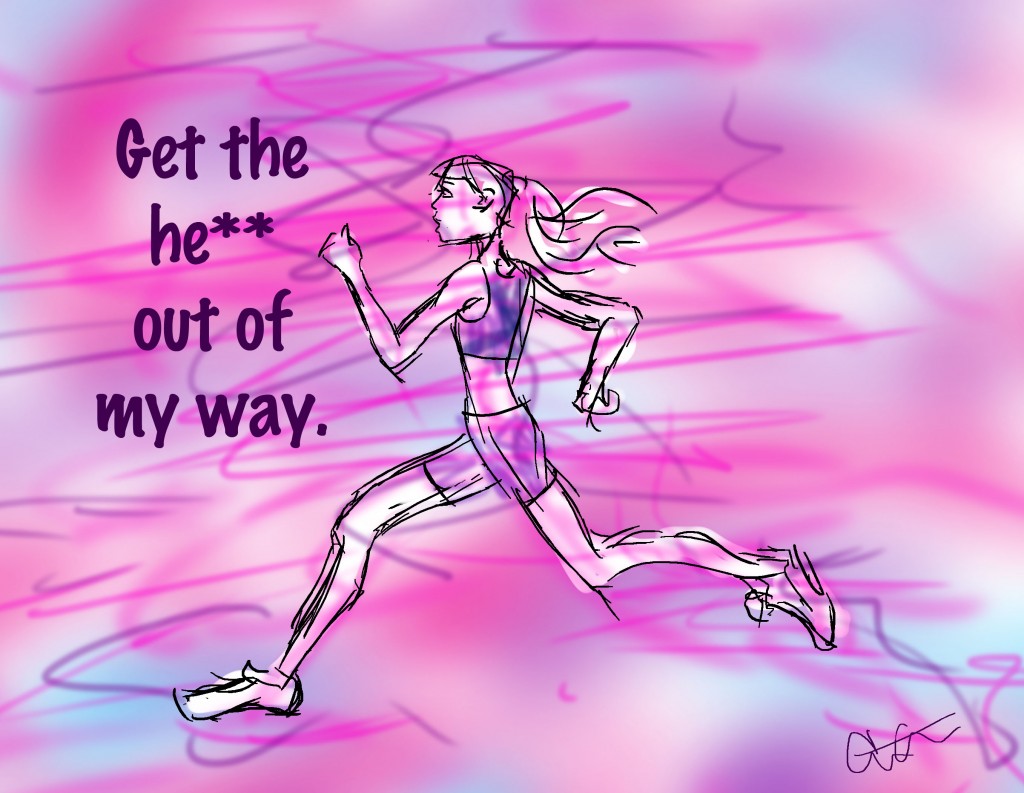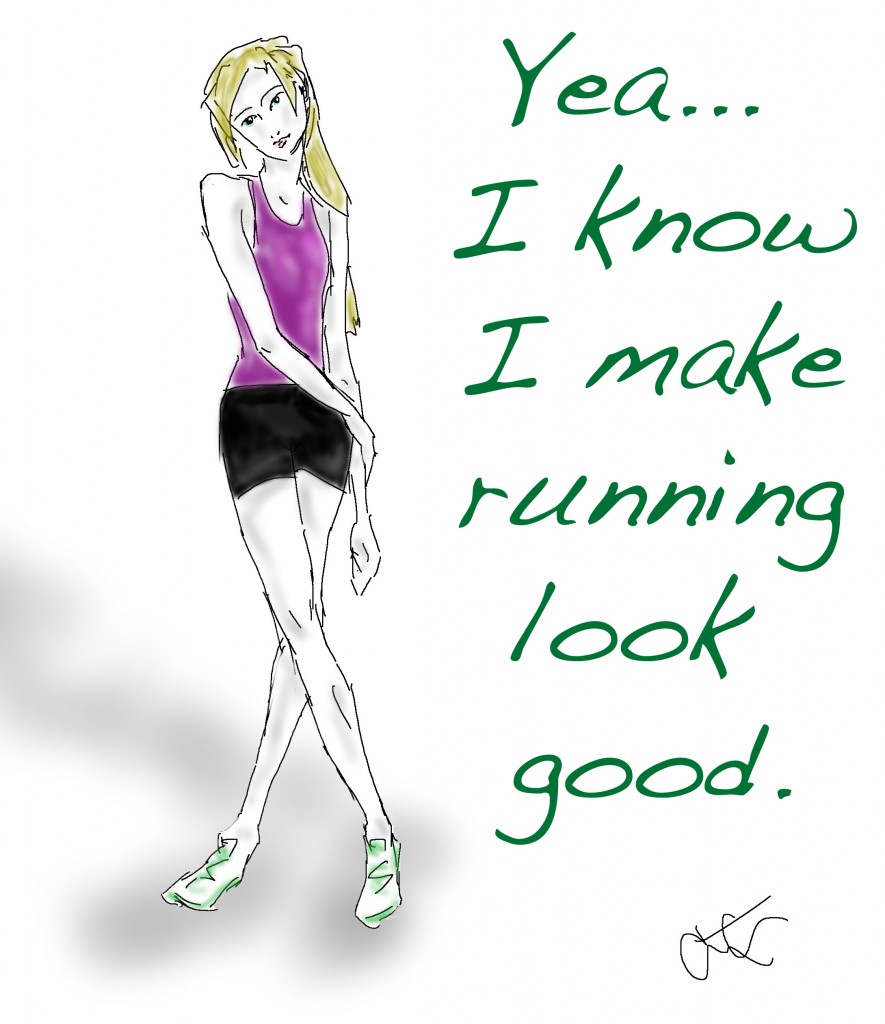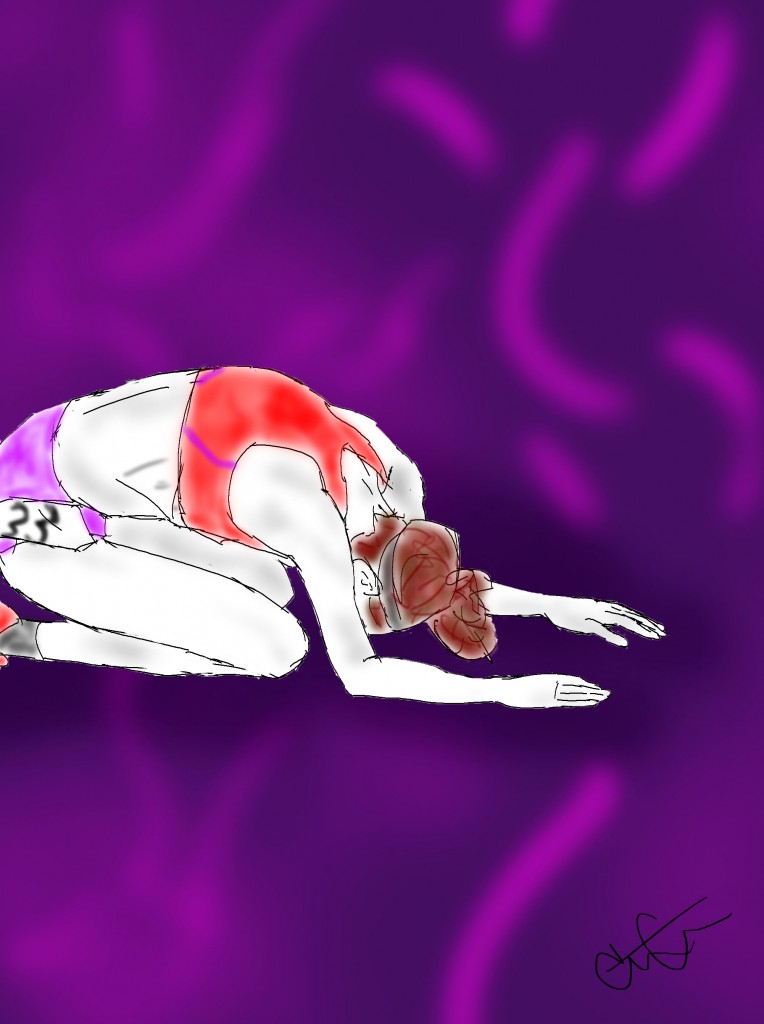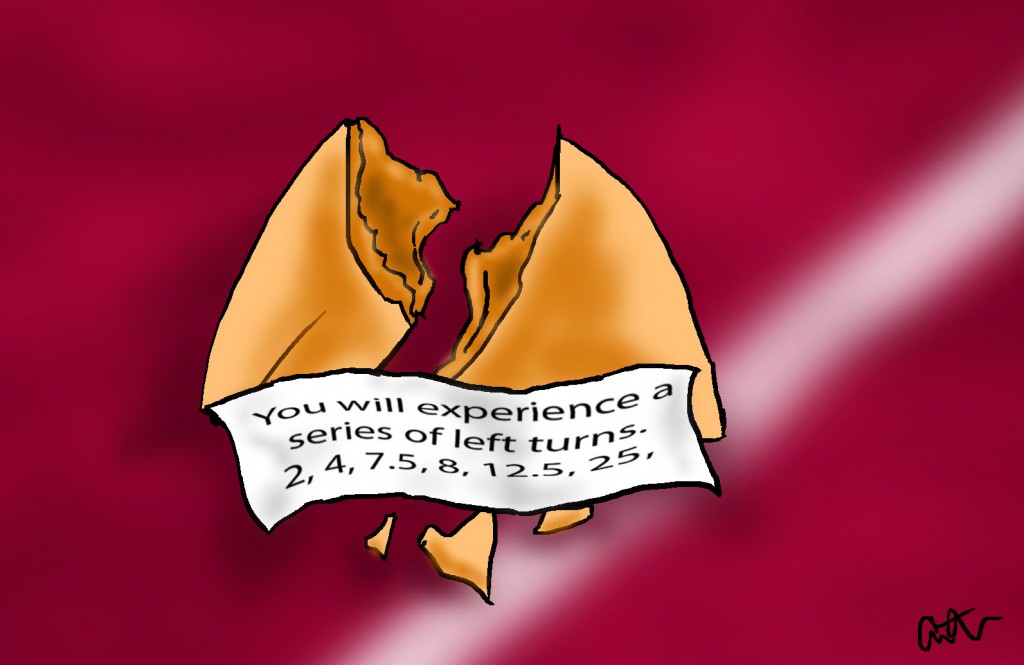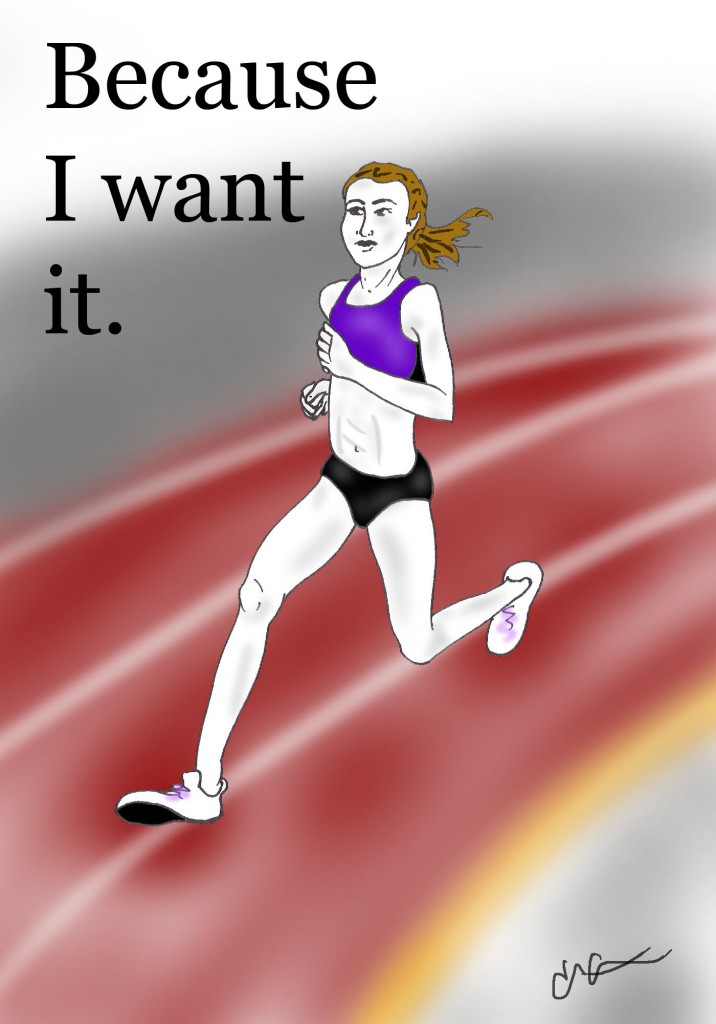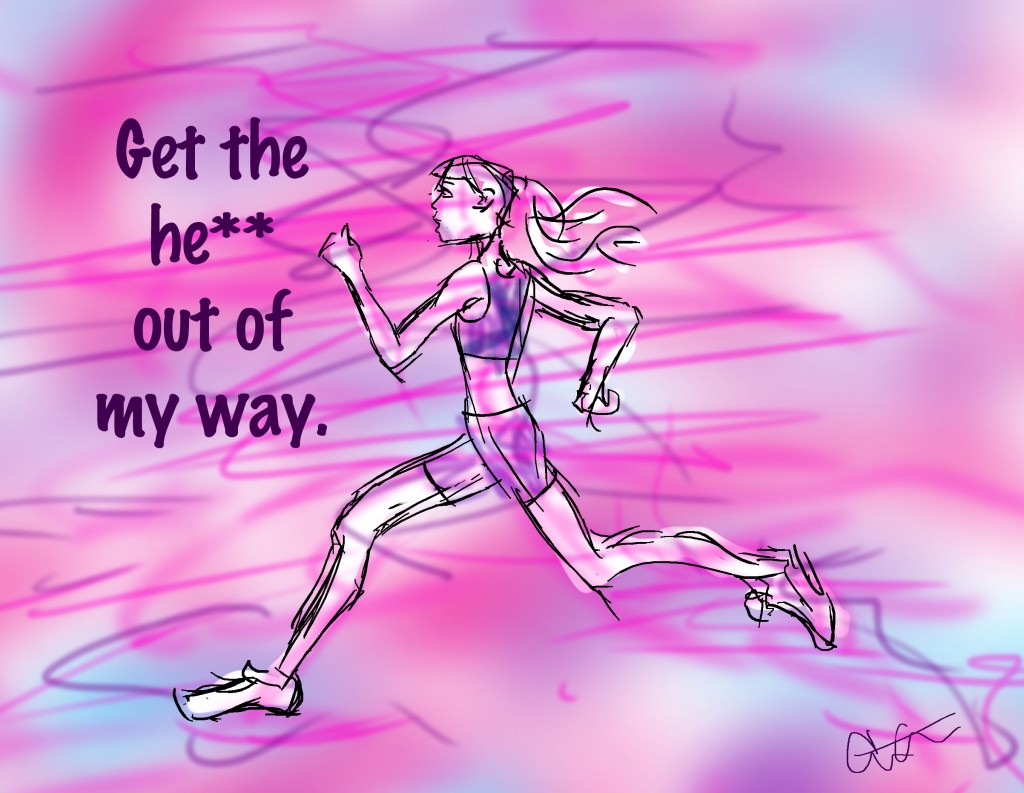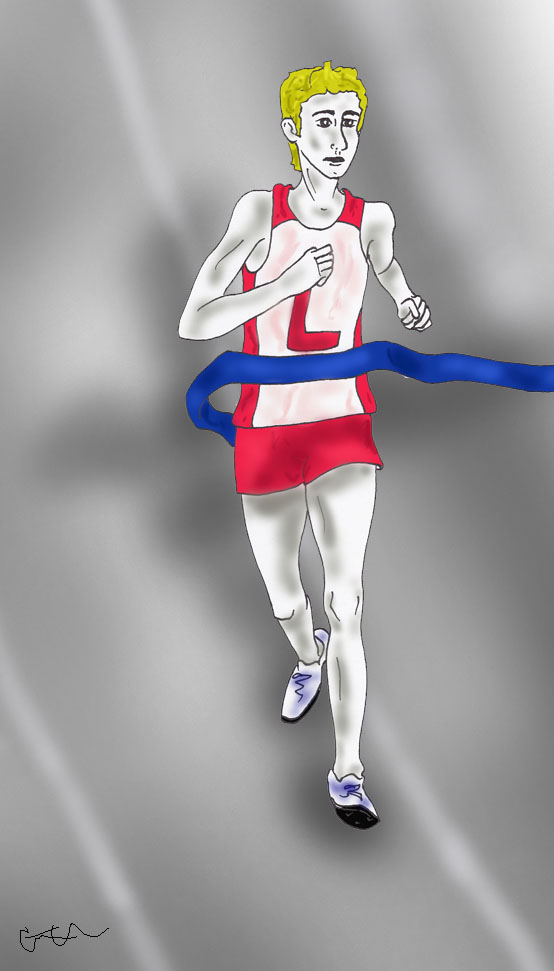“Do my legs normally feel this tired before my race?” I think this is a question that has run through every runner’s head during their warm-up at some point or another. In fact, I know some runners actually take it as a good sign that their legs feel like lead…the worse they feel before the gun goes off the better they feel once they’re off.
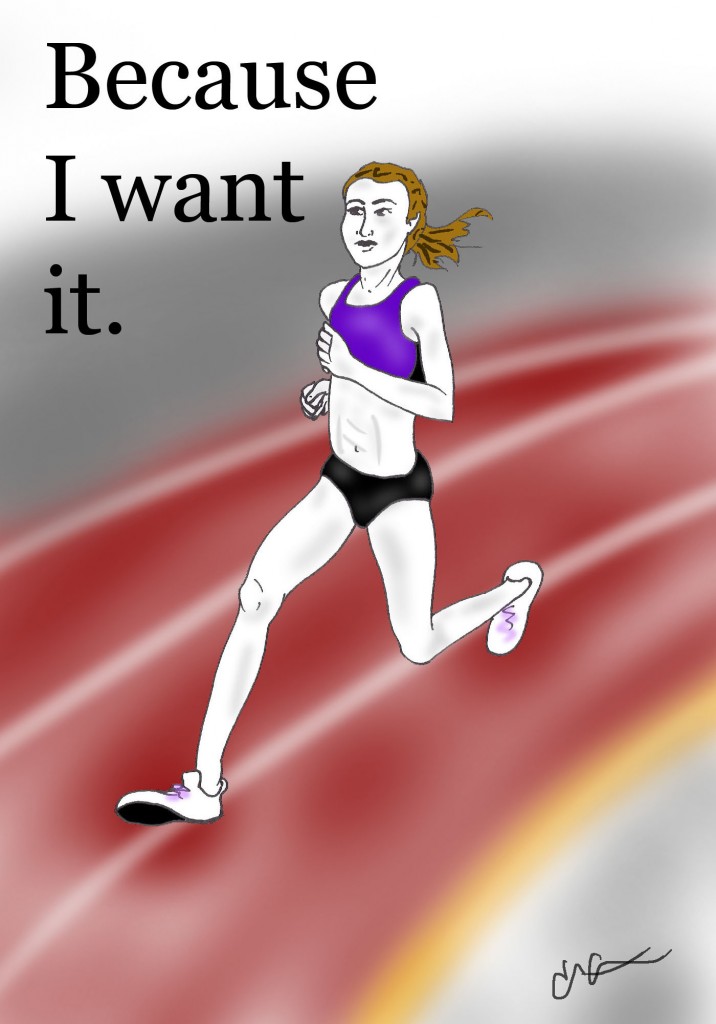
Nerves. You can’t avoid them in or sport; or rather, if you CARE about how you run and race you can’t avoid them. All that nervous energy, the excitement, the buzz, the flood of endorphins not only ensure you care but they are the the emotions that those who race thrive on…are probably addicted to. I’ve commonly written that there is a difference between running and racing; the runners who crave those races, NEED that buzz, know exactly what I’m talking about.
I recently wrote an article featured at Competitor online: Putting Your Nerves to Good Use. Check it out there, as it has tips to channel your nerves into a positive way to elevate your performance; but, as I am one who generally isn’t ever short on words, I have a bit more to add on.
“Nerves…many seem to to think these are ‘bad’ to have. Instead, they are NECESSARY,” Jim Bauman Ph.D, Sports Psychology, I have quoted in that article. He has it dead on and went on to add, “Bottom line, this energy IS the drug of sport. Those minutes and moments before a competition are difficult to replicate in other areas of life events. As much as athletes frame this as an aversive event, it is exactly what they miss most when they leave sport.”
Again, spot on. I think when athletes regard this nervousness and energy with a sense of hesitation and anxiety, it isn’t so much the actual event they precede, but rather a competitor dreads the window of time leading up to before the gun being fired…having the actual nerves around, bringing that flurry of thoughts into their mind. They ‘dread’ it the same way they ‘dread’ the anticipation of a hard workout because they know it will hurt. The pain of exertion is a given, a constant, but a part of running, and racing, is coping with this given. Coping often means a degree of denial before the hurt and pain actually starts…we have to lie to ourselves, say it won’t be ‘that bad,’ otherwise we may talk ourselves out of actually starting.
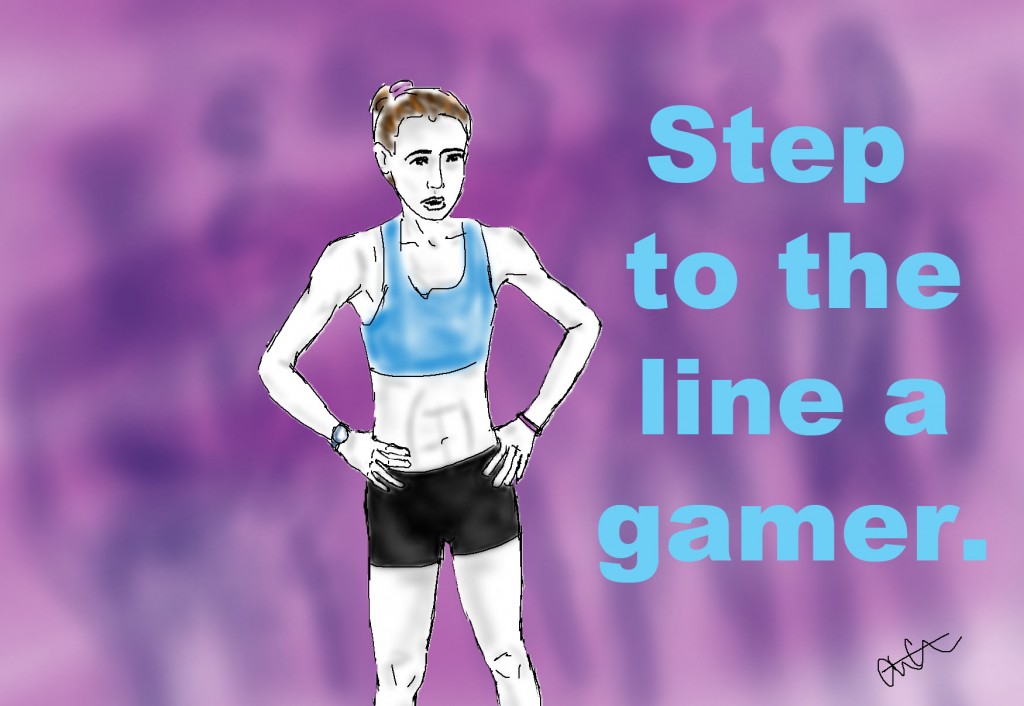
Racing takes that ‘dread’ and anxiety of starting to a whole other level because a lot more is at stake; the times, the places, our performance means a lot more to us than just another hard workout. We CARE more about the outcome of the event.
Usually with nerves they start to climb days (for some, even weeks) before the race…running takes a lot of training if you want to race well, so us runners have a LONG time to focus on a particular event and seasons last multiple months. So the climb starts, but the rate of that climb escalates the closer you get to the race; the anticipation gets to a point where we nearly think we will explode RIGHT before the gun goes off. Then, just before you think you can’t last a second longer…CRACK…and the nerves seem to disappear. Nerves dissipate and are replaced by ‘performance’ mode, where you focus on the actual doing.
Or at least the nerves should be pushed from your mind. But, nerves are a tricky bugger and hard to handle; that’s why they are a common source of anxiety for runners…because runners know that if NOT properly managed their nerves can be their undoing. Nerves can be a runner’s undoing or they can be one of their greatest assets…channeling those nerves positively, in a way to step up your ‘game’ after the gun goes off is a powerful tool in running and racing.
The funny thing with doing this, is that the ‘gamers’ of our sport often find it difficult to put into words the ‘hows’ of what they do. It sort of comes naturally to them without their being so cognitively aware, they don’t really know what they are doing differently, they just DO. A sports psychologist makes it their job to investigate the ‘hows’ and explain it to others. “We work on embracing this energy,” explains Bauman on his approach in working with his elite athletes, “Whenever we put ourselves on the line with performance being a key to why and what we are doing, the brain kicks in…the fear response is alive and well…we are going to run or fight.”
Nerves put athletes in a tricky spot, we have to battle nature, instincts and make sure that we don’t cross the line from the ‘fight or flight’ response and into the ‘panic’ response. “A characteristic of panic is ‘freezing’,” states Bauman.
So these nerves; there is good reason to regard them with a mix of dread and adoration. They can freeze you up, they can tie your stomach in knots, they can make you feel like you’re going to explode if the race doesn’t start NOW. Though, they also give you that buzz, make you feel alive, they make you want to jump out of your skin in a good way…and they are addictive…they are a thrill.
Racing is a thrill…CRACK.
1) Can you put into words what your nerves feel like before a race or hard workout?
2) How do you manage your nerves? Do you have a pre-race ritual that helps keep them in check?
3) If you consider yourself a ‘gamer’ can you try and explain the ‘how’ of doing that?


